Scotland's referendum: Eight things that connect Wales with Scotland
- Published
What kind of relationship would Scotland have with the rest of the UK if independence were to happen?
UK Chancellor George Osborne says Scotland and the rest of the UK would become foreign countries.
However, Scotland's First Minister Alex Salmond says that to Scots England, Wales and Northern Ireland would never be foreign.
The issue of what links Wales to Scotland will be the focus of a speech in London later by Scotland's Culture Minister Fiona Hyslop.
So here, in the first of a series looking at Scotland's relationship with other parts of the UK, we take a light hearted look at eight connections between Scotland and Wales.

1. The Welsh language
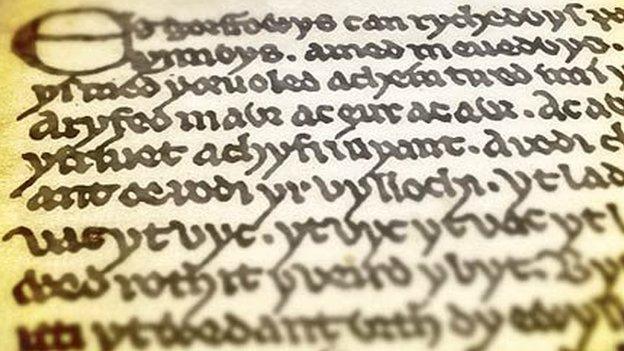
The Welsh language may owe its existence to some of the early inhabitants of Scotland. The Strathclyde Britons who spoke Cumbric or Brythonic - a language closely related to Old Welsh - are said to have fled to Wales in 889 AD and settled, bringing their language with them. It is also possible that Scotland's national hero William Wallace may have had Welsh roots, given that his surname, which literally translates as "Welshman," was one Scots gave to foreigners from the south.

2. Free NHS prescriptions

Wales blazed the trail bringing in the policy in 2007, while Scotland followed suit in 2011 - a year after Northern Ireland had also adopted the measure. While England has exempted charges in some areas, it has raised the the basic levy by 20p to £8.05 and has no current plans to get rid of the charge completely.

3. Subsidised university education
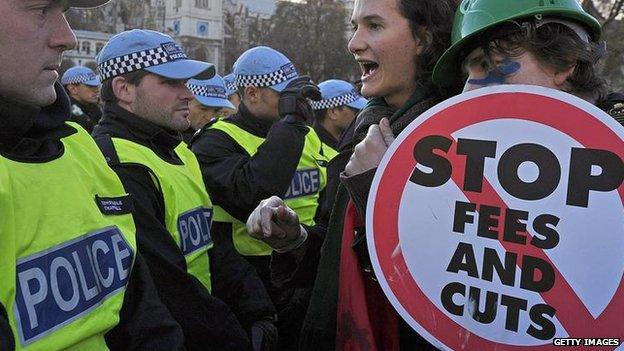
This time it was Scotland leading the way, reforming the payment system shortly after getting devolution and abolishing student tuition fees completely in 2000. The Welsh assembly didn't make a move until 2012, when the Westminster government opted to raise the cap to £9,000. This spurred the Welsh Assembly into action, announcing that they would subsidise the cost of the fee rise for Welsh students.

4. Industry
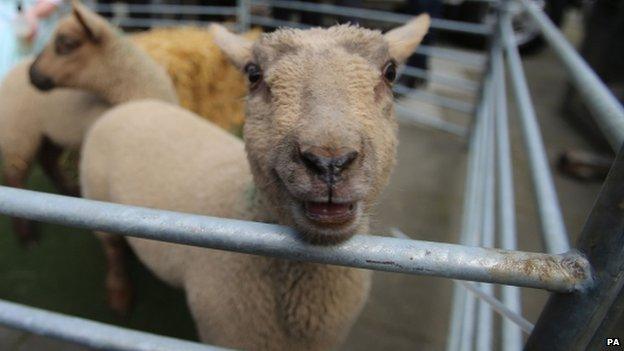
Coal mining was once dominant in Scotland and Wales and both countries were hit hard by pit closures and strikes in the 1980s. Both nations are also emerging as leaders in the manufacturing and environmental technology sectors. Scotland is committed to widespread adoption of renewable energy sources and Wales is ploughing more than £40m into investment in low carbon automotive projects. Scotland and Wales also love their sheep, with agricultural production disproportionately dependent upon sheep farming.

5. A mythical creature as a national animal
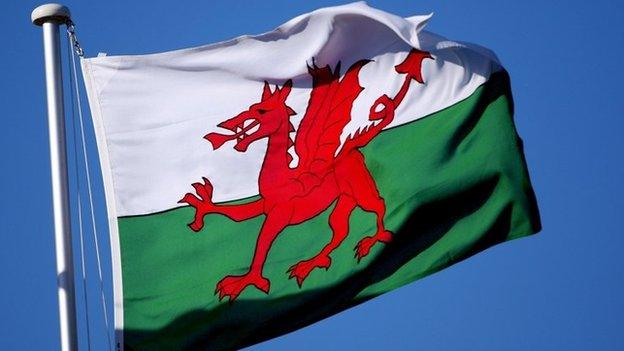
While the red dragon is synonymous with Wales, being proudly displayed on the country's flag, Scotland's national animal - a unicorn- is a less well known fact. Having been used as the symbol of the Scottish royal family since the 1400s, the mythical creature appears on Scotland's Royal coat of arms alongside the red lion and was also incorporated into the official coat of arms of the British Monarch following the Act of Union in 1707.

6. Geography
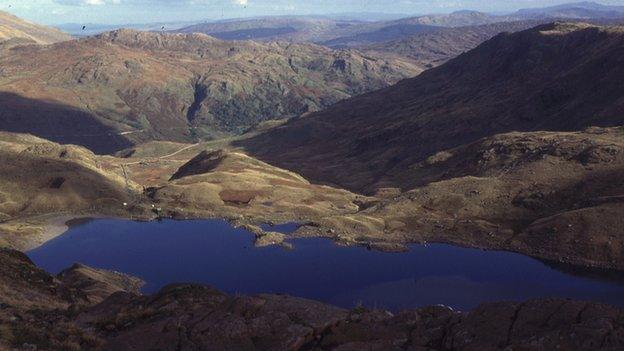
Both Wales and Scotland have extensive mountain ranges, containing the highest peaks in the UK and characterised by rough terrain, in contrast to the more gently rolling hills of England and Northern Ireland's uplands and valleys. Scotland and Wales are also much less densely populated than England, with a population density of 68 and 148 per sq km respectively in the 2011 census, in contrast to a figure of 408 per sq km for England.

7. Ceilidh
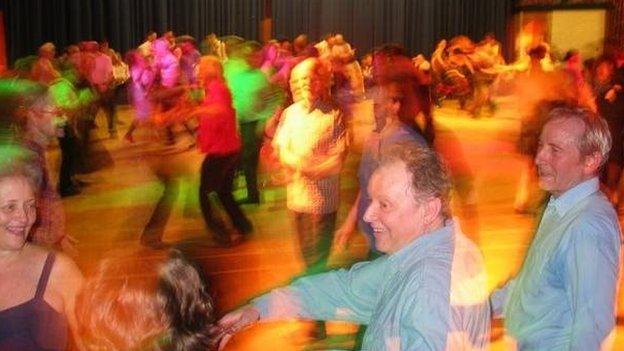
A twmpath is Wales' own form of ceilidh - the traditional Gaelic social gathering involving folk music and dance originating in Scotland and Ireland. The twmpath is a traditional form of after-dinner entertainment and is akin to a barn dance, with a session band including instruments such as an accordion, fiddle, bass and guitar playing traditional Welsh folk music.

8. Bagpipes
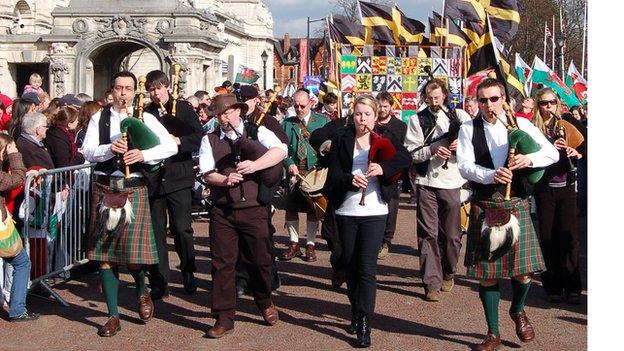
Although bagpipes are generally seen as typically Scottish, bagpipes have been documented in Wales since at least the 12th century. In fact, early sources suggest that the instrument originated somewhere in the middle east, and was introduced to Scotland by the Romans who used to march to bagpipe music.